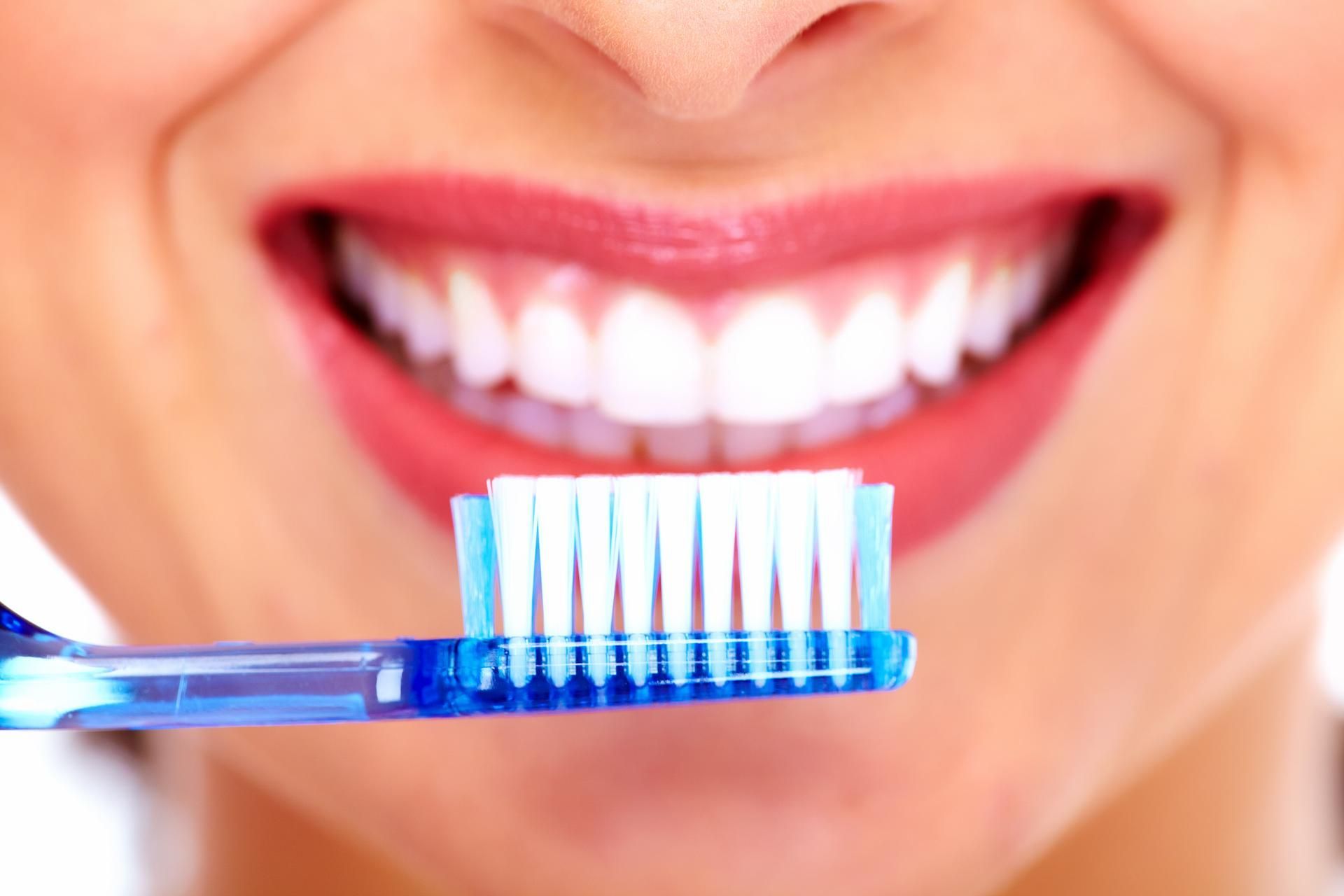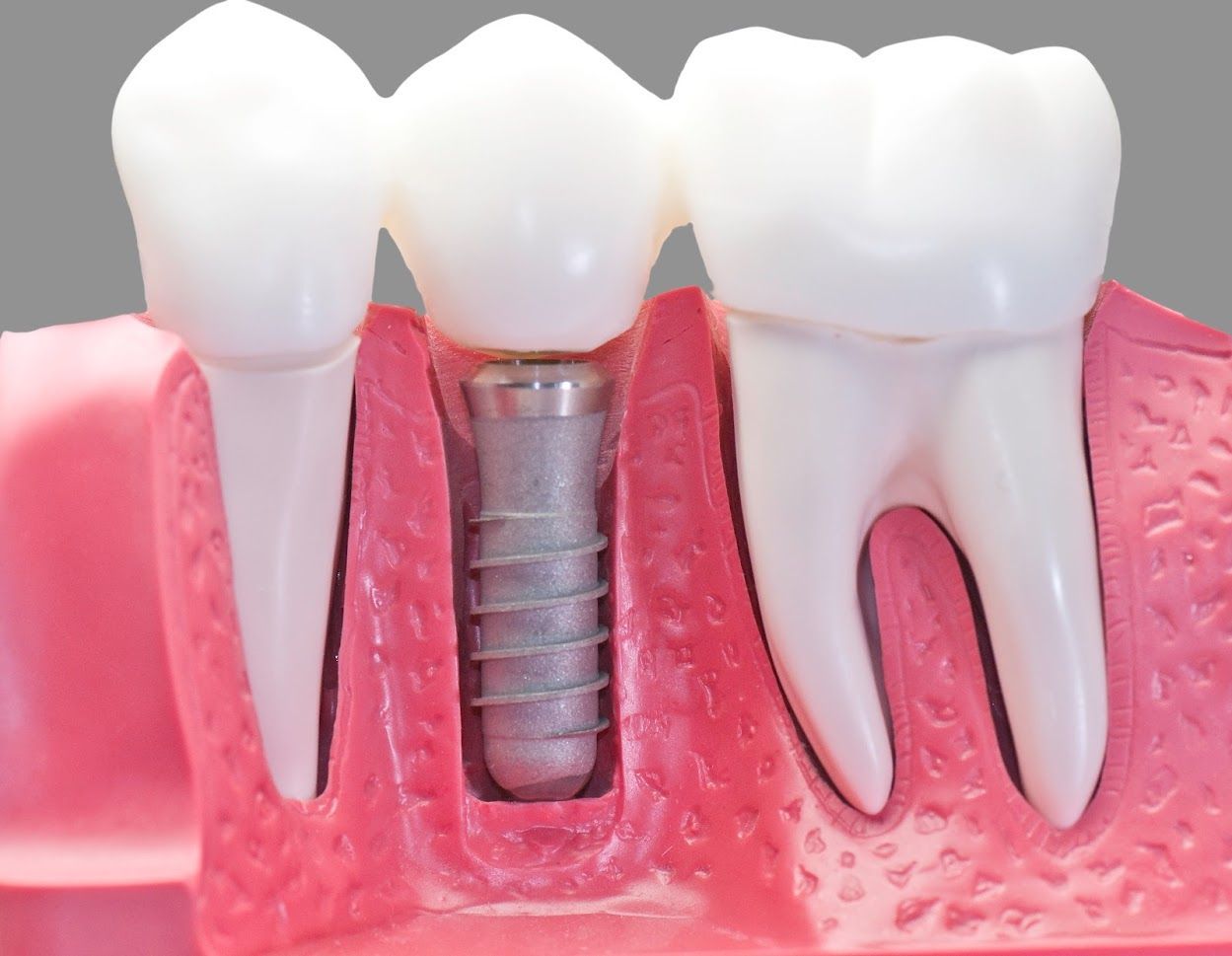Your Guide to Gum Health
- By Admin
- •
- 10 May, 2023

Just like your teeth, your gums can experience complications that may lead to tooth loss and decay. Periodontitis can destroy your gum tissue and even the jawbone. If you would like to know more about gum health and how to avoid and treat gum disease, keep reading.
Tips for Healthy Gums
For the most part, you can care for your gums by caring for your overall oral health. Many of the same issues that cause tooth decay can also irritate your gums. Ideally, you should:
- Brush and floss regularly to remove debris
- Use mouthwash
- Limit consumption of sugar, simple carbohydrates, and acid
- Quit smoking or using tobacco
- Maintain underlying conditions like diabetes and immune disorders
When brushing your teeth, brush at an angle. This allows the brush bristles to better brush along the gum line. In addition, don't brush too hard as it can injure and irritate the gum tissue.
Naturally, you'll also want to visit the dentist regularly. Not only will the dentist clean your teeth to prevent the risk of gum disease, but they will also look for any signs of damage or infection in the gum tissue, so you can treat gum disease early.
Signs of Gingivitis
Gum disease usually starts as gingivitis, which may not present any symptoms at first. However, many patients experience tenderness and bleeding when brushing. The gums may look red instead of pink, and they may appear swollen. If left untreated, however, the symptoms can worsen if you develop periodontitis.
Signs of Periodontitis
Periodontitis is the more aggressive form of gum disease. As a result, it tends to have more noticeable and severe signs. You may experience:
- Tender and bleeding gums when you aren't brushing/flossing
- Gum recession and gum pockets as gums pull away from the teeth
- Loose teeth
- Bad breath
If left untreated, periodontitis can also drastically increase your risk of tooth loss because the jawbone weakens and becomes unable to support the teeth.
Treatment for Gingivitis
Luckily, gingivitis is usually easy to treat. It usually starts with a deep cleaning to remove the cause of the gum disease such as plaque or tartar buildup. They may even remove the buildup below the gum line. Your dentist will also encourage you to continue good oral hygiene at home. Antibiotics are used to treat the actual gum infection. Your dentist may prescribe antibiotics in the form of:
- Oral rinse
- Antibiotic microspheres inserted into the pockets
- Antiseptic chips inserted into the pockets
- Antibiotic gel
Ideally, once your teeth are clean and the infection is gone, the gums should return to their normal state. As a result, the pockets will shrink and the gums will become pink again.
Treatment for Periodontitis
Unfortunately, periodontitis requires a lot of treatments to restore your oral health because they do not reverse on their own. Treatment begins the same way as treatment for gingivitis. However, you will likely need surgical treatments to repair the gum tissue. This may include a gum graft, flap or pocket reduction surgery, and pinhole gum treatment. Laser treatments may also help to promote tissue healing.
Additionally, a bone graft can help add volume to the jawbone if it has atrophied due to gum disease and/or tooth loss. Once the bone graft is healed, you can ask about dental implants to replace missing teeth. Not only will this help your confidence, but the implants prevent the bone from atrophying again.
Gum disease is a common oral issue for many people. However, there are steps you can take to reduce your risk. Ideally, regular dental visits will allow your dentist to catch signs of gingivitis early. If you would like to know more, or if you want to schedule an appointment for gum disease treatments, contact us at Bradley Piotrowski, DDS today.
AREAS WE SERVE
- Alva
- Ave Maria, Florida
- Bonita Springs, Florida
- Cape Coral, Florida
- Estero, Florida
- Fort Myers Beach, Florida
- Goodland, Florida
- Lehigh Acres
- Lely
- Marco Island, Florida
- Naples, Florida
- Saint James City, Florida
- Sanibel Island, Florida
- Vanderbilt Beach, Florida
AREAS WE SERVE
- Alva
- Fort Myers Beach, Florida
- Naples, Florida
- Ave Maria, Florida
- Goodland, Florida
- Saint James City, Florida
- Bonita Springs, Florida
- Lehigh Acres
- Sanibel Island, Florida
- Cape Coral, Florida
- Lely
- Vanderbilt Beach, Florida
- Estero, Florida
- Marco Island, Florida
This web site is not designed to, and does not, provide medical advice. all content ("content"), including text, graphics, images and information available on or through this web site are for general informational purposes only.
The content is not intended to be a substitute for professional medical advice, diagnosis or treatment. Never disregard professional medical advice, or delay in seeking it, because of something you have read on this web site. Never rely on information on this web site in place of seeking professional medical advice.
Bradley Piotrowski, DDS, MSD, LLC is not responsible or liable for any advice, course of treatment, diagnosis or any other information, services or products that you obtain through this site. You are encouraged to confer with your doctor with regard to information contained on or through this web site. After reading articles or other content from this web site, you are encouraged to review the information carefully with your professional healthcare provider.
CONTACT INFORMATION
Address: 1044 Castello Drive, Suite 202, Naples, FL 34103
Phone:
(239) 263-6003
Email: drbradpiotrowski@gmail.com
Business Hours:
- Mon - Thu
- -
- Friday
- Appointment Only
- Sat - Sun
- Closed













